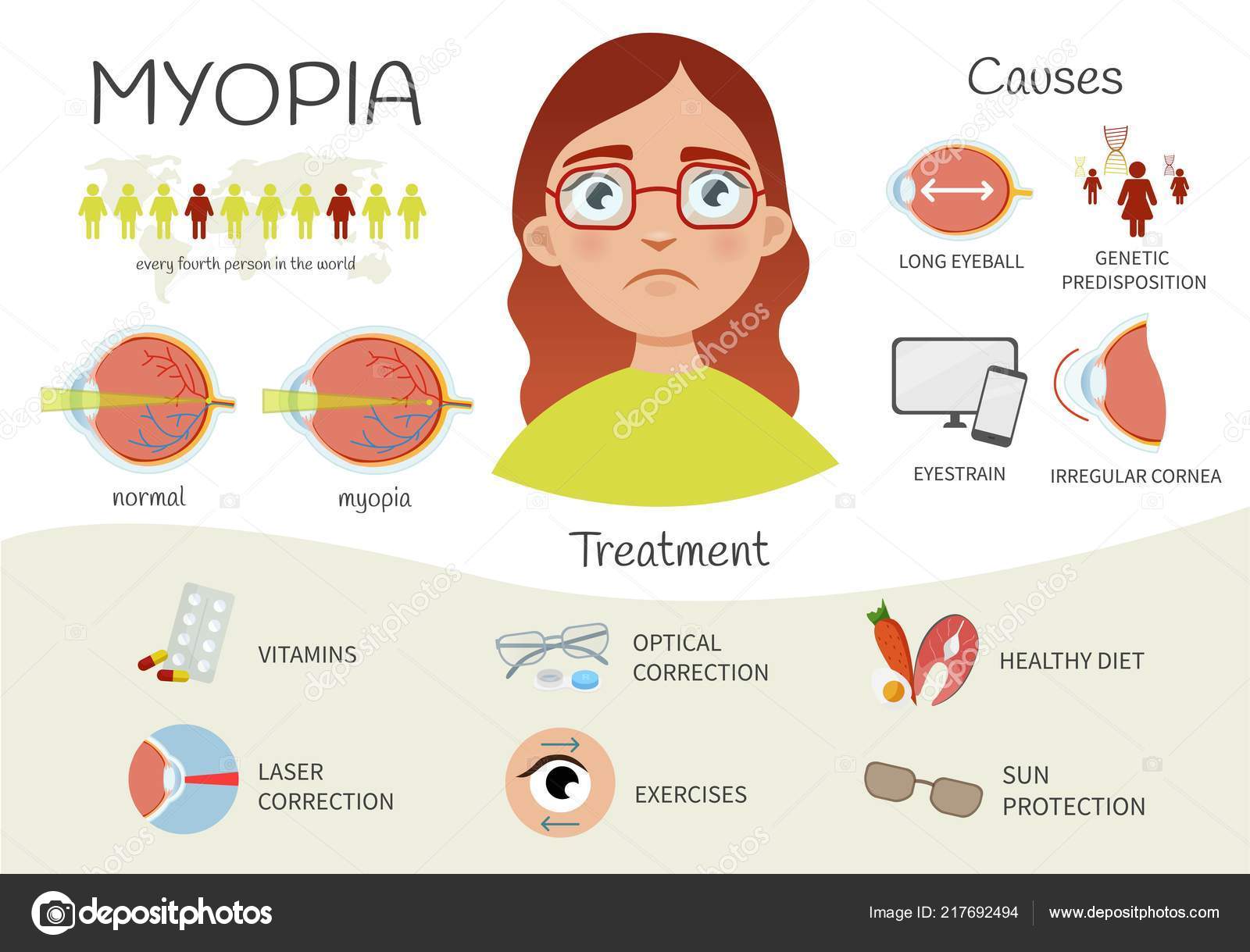SMILE Eye Surgical Treatment Provides A Much Less Invasive Option For Fixing Vision, Yet What Potential Risks And Recuperation Facets Should You Take Into Consideration?

Authored By-Jama Neumann
If you're taking into consideration vision adjustment options, SMILE eye surgery may be on your radar. This cutting-edge procedure entails creating a tiny lenticule in the cornea to resolve nearsightedness and astigmatism. Unlike traditional LASIK, it's much less intrusive and assures quicker healing. However, while there are substantial benefits, there are additionally threats involved. Understanding both elements can aid you make an informed decision about your eye health. What's the healing procedure like, and what should you expect?
Recognizing the SMILE Treatment
The SMILE treatment, or Little Incision Lenticule Extraction, is a minimally intrusive eye surgical treatment made to deal with vision issues like nearsightedness and astigmatism.
Throughout this treatment, a laser creates a little lenticule, or lens-shaped cells, within the cornea. You will not need any kind of stitches, as the small laceration permits a fast recuperation.
visit the up coming document removes the lenticule through this little cut, improving your cornea to improve your vision. Unlike typical LASIK, SMILE doesn't need the creation of a large flap, which can lead to fewer problems.
You'll discover that this technique is much less turbulent to the corneal framework, potentially enhancing security. Comprehending the treatment assists you really feel much more positive as you consider your options for vision modification.
Benefits of SMILE Eye Surgical Treatment
While thinking about vision correction alternatives, you may find that SMILE eye surgery provides several engaging advantages.
First, it's minimally invasive, requiring only a small laceration, which means much less disruption to your eye framework. This results in quicker recovery times and much less pain contrasted to traditional LASIK.
https://www.healio.com/ophthalmology/refractive-surgery/news/print/ocular-surgery-news/%7B4d97f7a7-7d81-4625-9fc9-2f7d160c26ea%7D/surgeon-experiences-humanness-of-fear-during-lasik 'll likewise appreciate its accuracy; SMILE uses sophisticated laser technology to improve the cornea, supplying exceptional results for nearsightedness and astigmatism.
Moreover, numerous clients report boosted aesthetic high quality, with fewer instances of glare or halos. Since there's no requirement for a corneal flap, your eyes stay much more stable post-surgery.
Finally, the treatment usually takes just a few mins, enabling you to go back to your daily activities much faster than with other methods.
Possible Dangers and Healing Process
Although SMILE eye surgical procedure is usually risk-free, it is essential to be knowledgeable about potential threats that can emerge throughout or after the treatment. Some individuals might experience short-term side effects like completely dry eyes, glow, or halos around lights.
In uncommon instances, difficulties such as infection, vision loss, or the requirement for extra surgery can occur.
Recovery typically includes a couple of days of rest and preventing arduous activities. You must follow your surgeon's post-operative guidelines very carefully, including making use of recommended eye declines and going to follow-up consultations.
Several patients observe enhanced vision within a few days, yet full recuperation can take weeks. Remaining individual and providing your eyes time to recover is essential for the very best end result.
Verdict
In conclusion, SMILE eye surgical treatment uses a modern-day, minimally intrusive option for remedying nearsightedness and astigmatism. With its quicker healing time and reduced discomfort, it's an attractive selection for several. Nonetheless, it's essential to evaluate the potential risks against the advantages. By remaining educated and adhering to post-operative treatment, you can maximize your chances of an effective result. If you're considering this procedure, seek advice from your eye care professional to establish if it's right for you.

